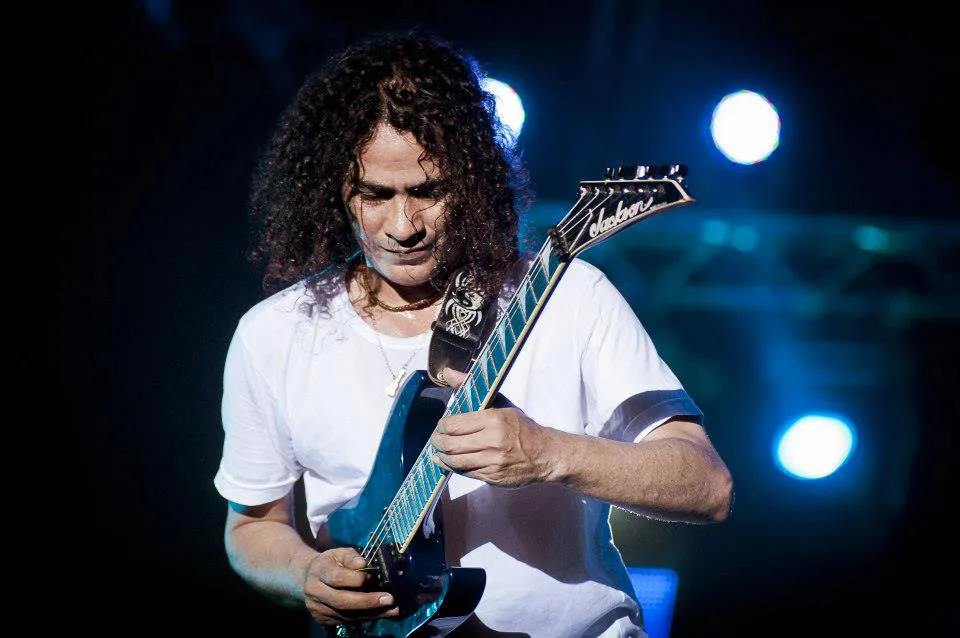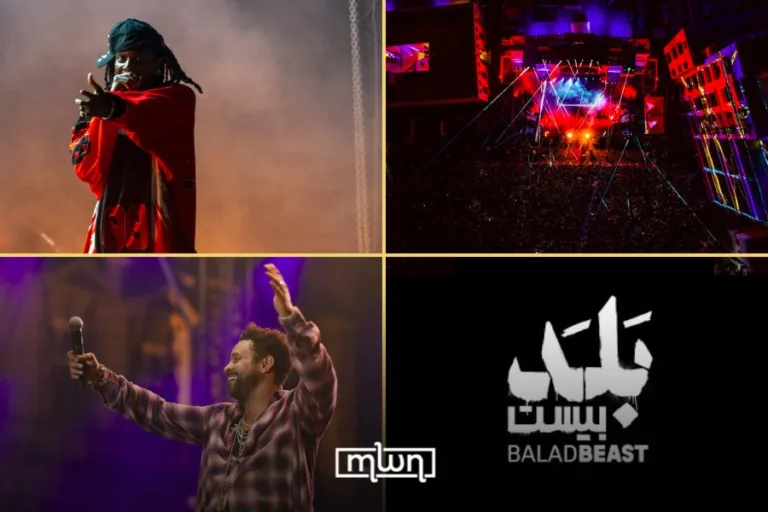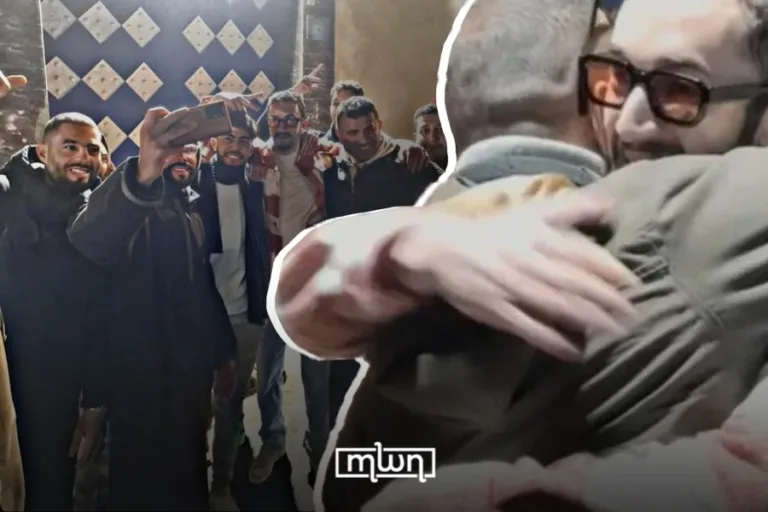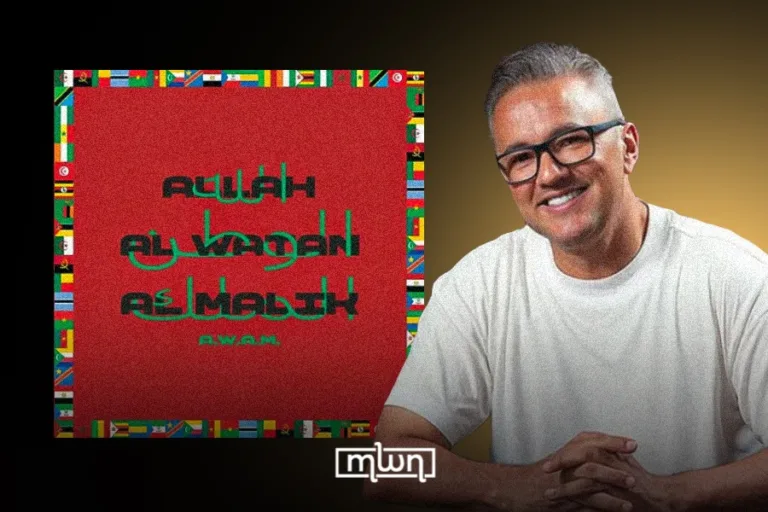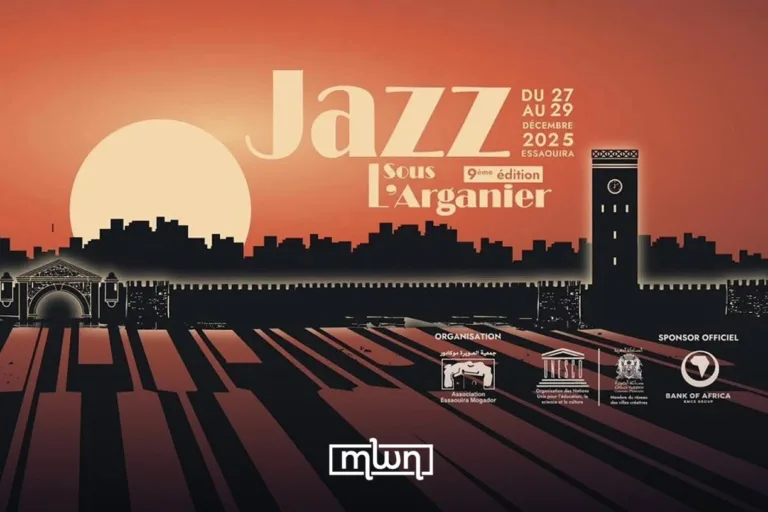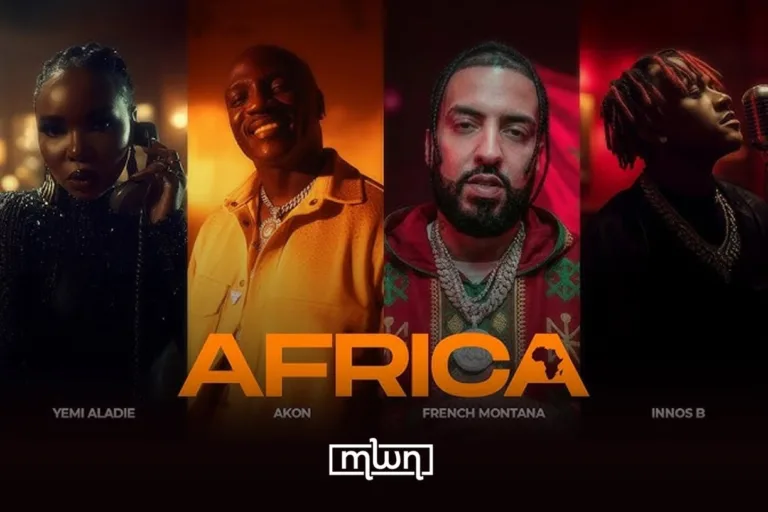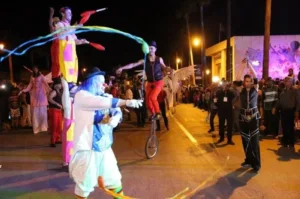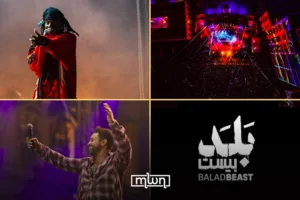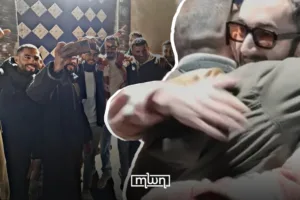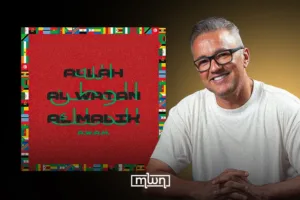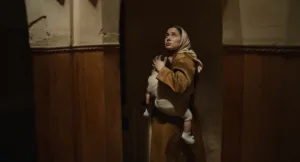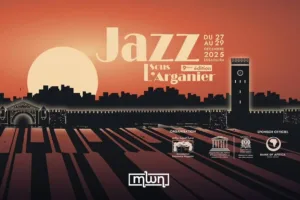Fez – The Casablanca-born artist will unveil “Hdyat Moulana” on November 6, the date Moroccans commemorate the 1975 Green March. The track is positioned as a rallying call for peace and togetherness, aligning its release with a historic national milestone that continues to shape the country’s collective memory.
According to the announcement, the single arrives on streaming platforms the same day.
“Hdyat Moulana” brings Jbara’s hallmark guitar work into a brighter, more accessible pop sound. While his gravelly vocal and storytelling remain intact, the production leans less on rock textures and more on warm, melodic arrangements meant to travel easily across radio and playlists.
The song also underscores Jbara’s long-running interest in pan-African dialogue: it was co-written with Ras Daveed and Ali Dah, collaborators who have previously partnered with him on projects that weave Anglophone hooks with North and West African rhythms.
Jbara’s choice of timing is deliberate. The Green March, launched on November 6, 1975, remains one of the most potent symbols of modern Moroccan nationhood, and its 50th anniversary has inspired a wave of cultural tributes this season.
By syncing a fresh release to the date, the guitarist folds contemporary pop sensibility into a broader reflection on identity and belonging, signaling how music can echo civic moments without turning didactic.
The single follows a productive stretch for Jbara. His recent double album “Swaken Tsookin” showcased his fluency in blending folk motifs, desert blues textures, and contemporary songwriting structures, reinforcing his standing as a boundary-pushing figure on the Moroccan scene.
That project’s digital footprint and playlisting helped introduce new listeners to his catalogue, setting a foundation for “Hdyat Moulana” to reach a wider audience at home and across the diaspora.
Beyond its release-day symbolism, “Hdyat Moulana” aims for durability.
With “Hdyat Moulana,” Jbara continues a career-long thread: bridging tradition and modernity, and inviting listeners to see Moroccan and African identity as both rooted and forward-looking.

